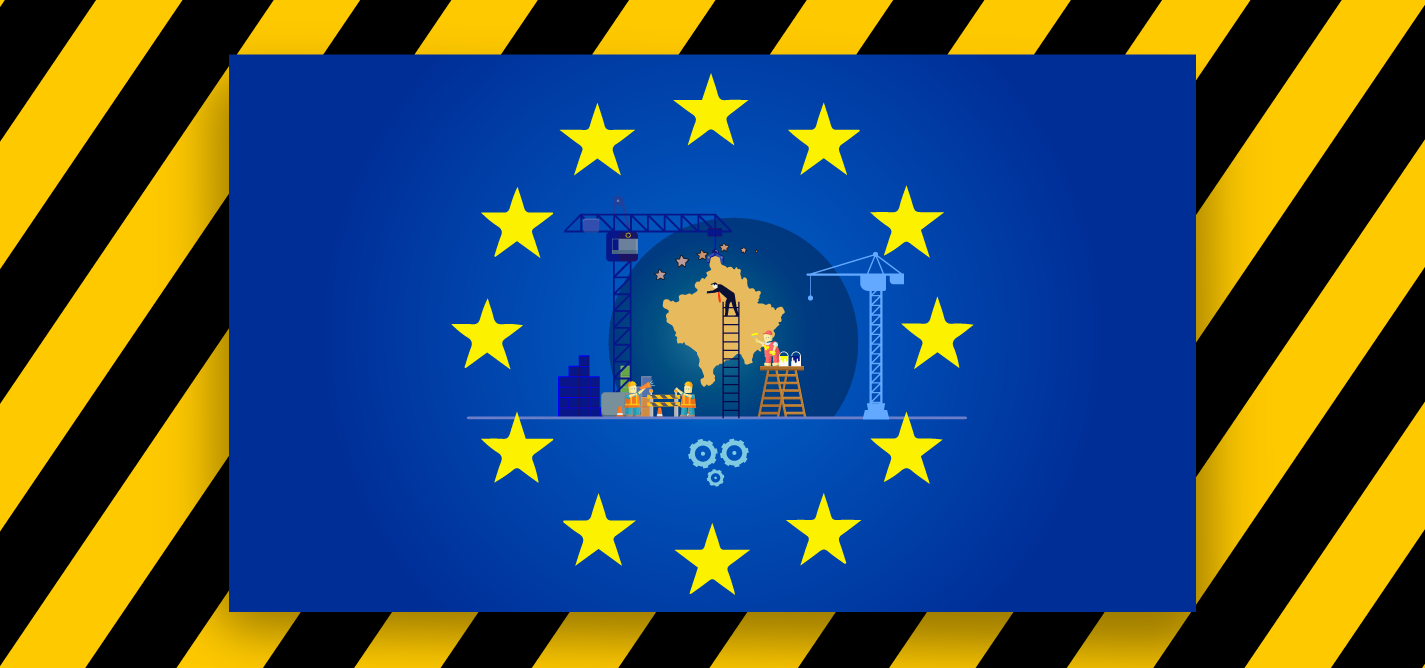
State building efforts in post-conflict Kosovo
Evaluating the international influence.
|12.03.2018
|

Seb Bytyci
Seb Bytyçi teaches at the University of Winchester’s Centre for Religion, Reconciliation and Peace, where he is Programme Leader for the MA in Reconciliation & Peacebuilding. Seb completed his PhD on institutions in transforming societies at the University of York, focusing on the development of Kosovo’s post-war institutions.
This story was originally written in English.